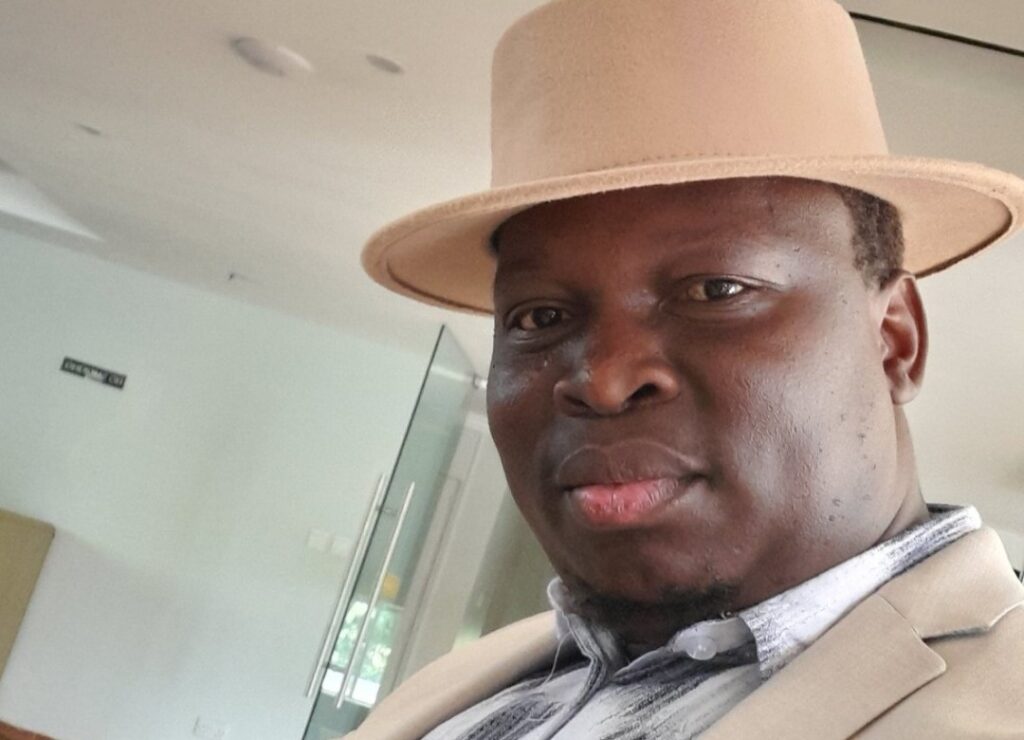Renowned Luo musician Wuod Fibi recently opened up about a deeply personal issue that has left many of his fans moved and others conflicted. Sharing a heartfelt message and an old photo of his late mother, the Ohangla star expressed a desire to exhume her body, 20 years after her burial, to give her the dignified send-off he believes she never received.
According to the singer, his mother passed away when he was at his lowest—jobless, hopeless, and with no means to provide even a modest funeral. At the time, his family lacked the resources for a proper ceremony or even a decent coffin. He painfully recalled that her coffin was made from an old bench and scraps of timber that had been used for other purposes. Despite the circumstances, he appreciated an uncle who stepped in to ensure his mother was laid to rest, doing the best he could under the circumstances.
Years later, Wuod Fibi now questions whether the law would permit him to exhume her remains and rebury her in a more honourable manner. His emotional reflection included a wish to take her body to a professional mortuary and then organize a traditional Luo-style burial that befits her legacy and the respect he holds for her.
He explained that his desire isn’t just emotional but deeply cultural. As a Luo man, he said he understands the value and symbolism that his community places on proper burial rituals. He feels haunted by how the burial unfolded years ago and wishes to right what he sees as a wrong born out of poverty and desperation.
His reflections have drawn a wide range of reactions online. While many sympathized with his pain and understood his intentions, several voices urged him to let his mother rest in peace. Some encouraged him to honour her memory in other ways—like building a memorial stone, organizing a community service, or launching a project in her name that could positively impact others.
One commenter suggested establishing a charity foundation in her honour as a meaningful way to keep her memory alive. Another proposed building a classroom in a local school and naming it after her, turning grief into legacy. Others pointed out that while the circumstances of her burial were unfortunate, the act itself was full of love and sacrifice from those who had nothing but did their best.
Through this public revelation, Wuod Fibi also highlighted a common reality in many African communities where poverty often dictates how loved ones are laid to rest. His story has resonated with many who have faced similar situations—burials conducted with minimal resources, leaving lingering emotional scars for years.
As the conversation continues, it remains to be seen whether the musician will follow through with his wish. Whether he decides to proceed with the exhumation or choose an alternative path to honour his late mother, it’s clear that her memory continues to guide and influence him—now not just as a son, but as a successful artist in a position to uplift others.

